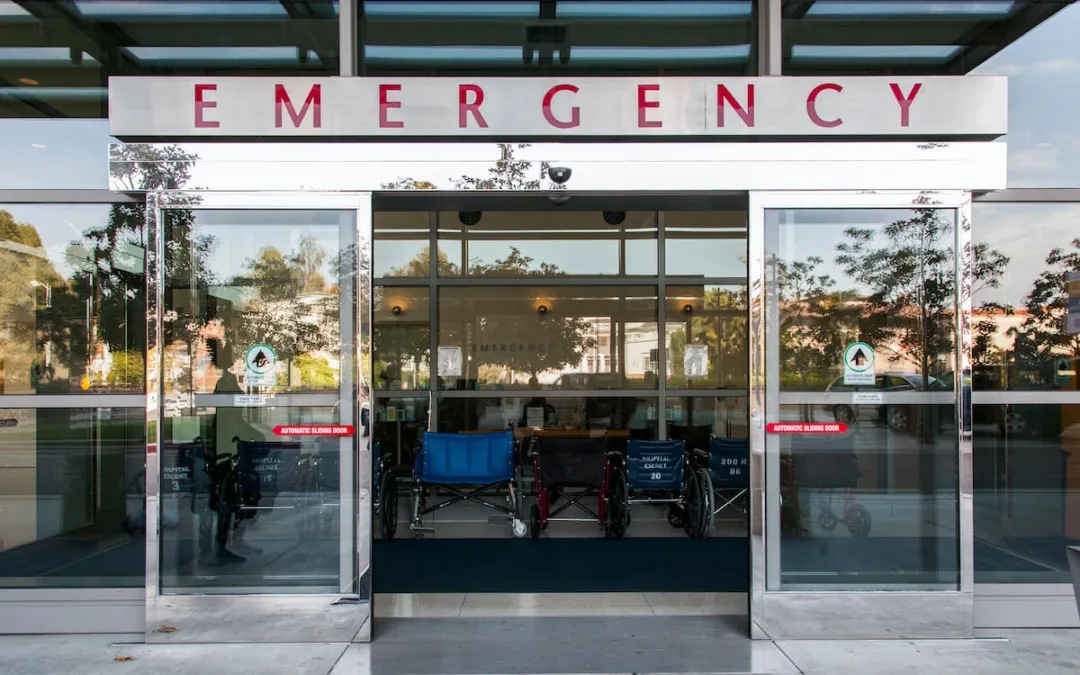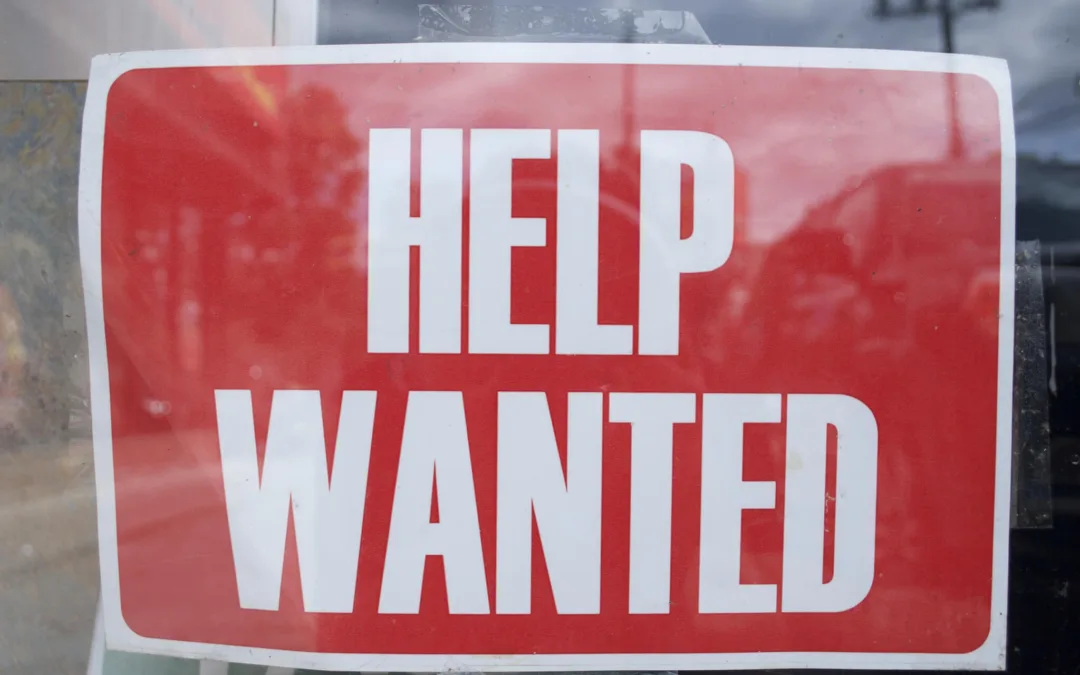
#image_title
#image_title
Progress made in containing coronavirus in Wisconsin may already be backsliding
After treating patients at a Madison hospital sick with COVID-19, seeing firsthand the dangers the virus poses, nurse Ani Weaver was both disheartened and angry when she learned of Wednesday’s decision by the state Supreme Court to overturn the state’s safer-at-home order.
“We have worked so hard to flatten the curve,” Weaver said Thursday in reference to slowing the growth of the virus. “We should be celebrating that success. But we just destroyed all of the progress we made.”
Weaver was one of five speakers who were part of a video news conference organized by SEIU Healthcare Wisconsin who criticized the Supreme Court decision, saying it needlessly endangers people’s lives.
Their comments came less than 24 hours after the conservative-led court voted 4-3 to overturn the extension of the safer-at-home order by Gov. Tony Evers’ administration until May 26 that was intended to slow the spread of the virus.
As of Thursday, 11,275 Wisconsin residents have tested positive for COVID-19 and 434 have died, according to state Department of Health Services statistics.
The court’s ruling negates the order, leaving it up to officials in each or Wisconsin’s 72 counties to decide what COVID-19 regulations should remain. The state Legislature could decide whether to approve an emergency rule that outlines a statewide approach to governing interactions during a health emergency.
Polls show a majority of state residents backed the safer-at-home order. But a growing number of people have balked at the regulations as the order initially implemented on March 25 has dragged on.
Business leaders and others have pushed for a regional reopening of the state, especially in regions with relatively few COVID-19 cases. On Wednesday they pointed to the fact that five of six metrics outlined in Evers’ plan to reopen the state had been met, with only a downward trajectory of COVID-like cases reported within a 14-day period not having occurred.
On Thursday just four conditions had been met as cases of influenza-like illness increased, according to the DHS.
People in some Wisconsin communities flocked to taverns after the court’s decision was announced, prompting concerns such interactions, especially without facemasks, will lead to additional cases of the virus. Personal protective equipment at hospitals remains in relatively short supply, Weaver said, and a spike of COVID-19 cases could put her and other frontline workers in danger.
“Just because we don’t like this (virus) doesn’t mean it magically goes away. In fact, I’m afraid it’s going to get worse,” Weaver said.
Weaver and others were critical of conservatives on the court and Republcan lawmakers who brought the lawsuit contesting safer-at-home. The Rev. Greg Lewis, president of Pastors United, Souls to the Polls, and an assistant pastor at St. Gabriel Church in Milwaukee, said the Supreme Court’s decision places politics above saving human lives.
”I was dismayed to see the ruling come down last night,” said Lewis, who was critically ill with COVID-19 and is still recovering. “This is a recipe for disaster.”
People of color, like himself, are particularly at risk of contracting COVID-19, Lewis said, as are the working poor and the elderly. Figures show that while African Americans make up 6 percent of Wisconsin’s population, they comprise 28 percent of the state’s COVID-19 deaths.
Frontline workers and employees of jobs such as food-processing plants already at higher risk of contracting the virus will face further dangers because of the court’s decision, he said.
“Now many who are rightly afraid of this virus will be forced back to work before it is safe,” Lewis said. “It’s very, very disheartening.”
Food-processing workers and others in frontline jobs have already been ignored during the COVID-19 crisis, said Christine Neumann-Ortiz, Executive Director, Voces de La Frontera Action. Her agency has worked with employees at meatpacking plants who said businesses ignored their concerns.
“It’s striking how far this conservative agenda is willing to go,” Neumann-Ortiz said. “More people will get sick, and more people will die.”
As communities around the state decide COVID-19-releated regulations, some are opting to continue stay-at-home recommendations for now. Weaver said such rules must remain in place for a time to prevent an outbreak of the virus. She criticized Republican leadership for failing to devise an alternative to safer-at-home.
“We can’t count on people to be compassionate and responsible,” noting crowded gatherings at taverns Wednesday night as an example. “Now it will be utter chaos in Wisconsin.”
Politics

Biden makes 4 million more workers eligible for overtime pay
The Biden administration announced a new rule Tuesday to expand overtime pay for around 4 million lower-paid salaried employees nationwide. The...

Biden administration bans noncompete clauses for workers
The Federal Trade Commission (FTC) voted on Tuesday to ban noncompete agreements—those pesky clauses that employers often force their workers to...
Local News

Readers Poll: Top Bowling Alleys in Wisconsin
Looking for the best bowling in Wisconsin? Look no further! Our readers have spoken in our recent poll, and we have the inside scoop on the top...

8 Wisconsin restaurants Top Chef judges are raving about
Top Chef’s 21st season is all about Wisconsin, and on-screen, it’s already apparent that the judges feel right at home here. But, while filming in...




